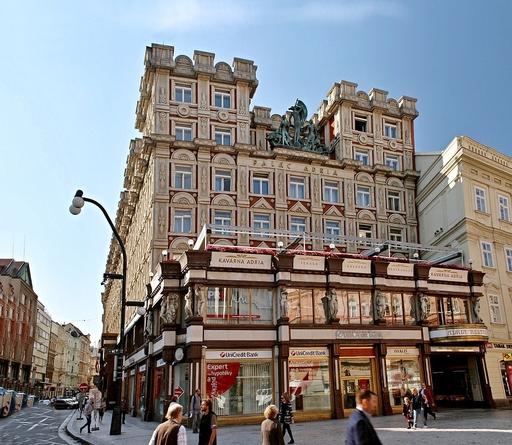
A noteworthy Rondocubist building in Prague, the historical seat of the legendary theatre Laterna magika.
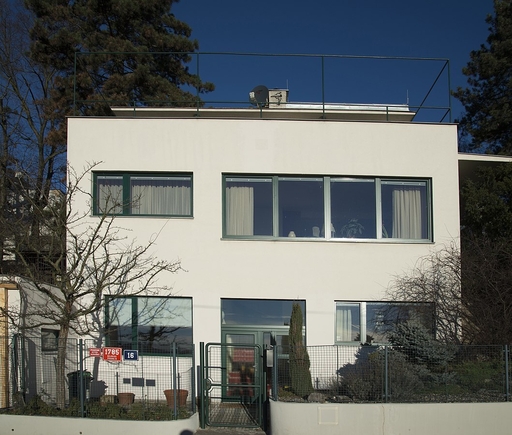
A functionalist villa colony in Prague, dating from the first half of the 20th century. It is the best preserved among the six European modern housing colonies. It was inscribed on the European list of cultural monuments.
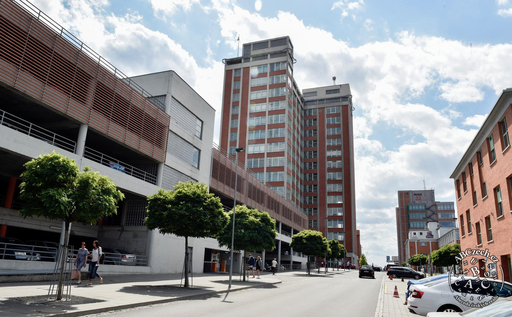
The tallest building in Czechoslovakia in the interwar period. It is one of the eight most important monuments of Czech 20th-century architecture.
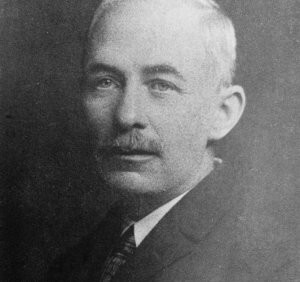
Czech architect of the first half of the 20th century, foremost representative of Art Nouveau and Neo-Classicism, author of many public buildings.
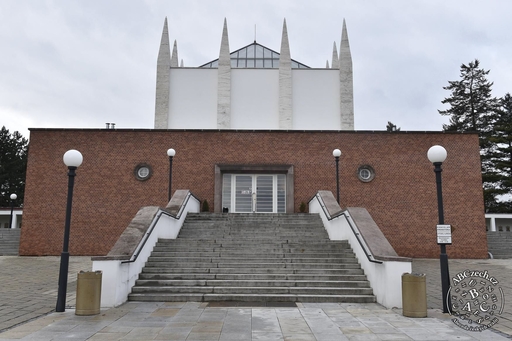
The largest cemetery in Brno. A culturally important place of burial of many Moravian artists and intellectuals. An architecturally important example of interwar functionalism in Brno.
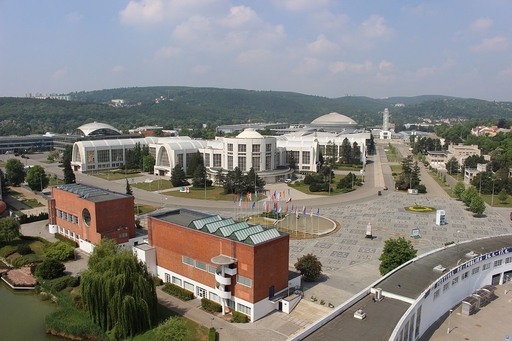
A noteworthy exhibition complex and a very successful example of Czech modern architecture.
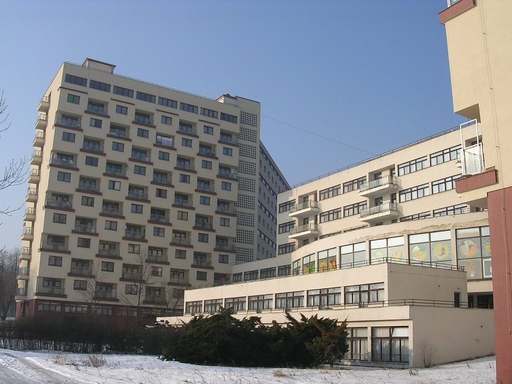
Experimental complex of residential buildings, intended as an embodiment of the ideal of modern living standards, containing all the facilities in one building.
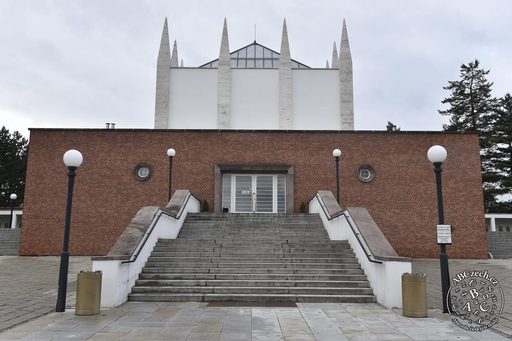
Buildings that are used for cremation. They appeared in the late 19th century. The facilities were very well accepted in the Czech lands and cremation became a common method of burial.
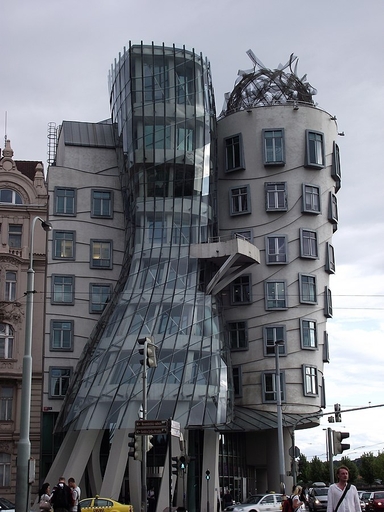
The first post-revolution building by a world-famous architect, named after its two corner towers resembling a dancing couple. The building became one of the symbols of Prague and an important tourist attraction.
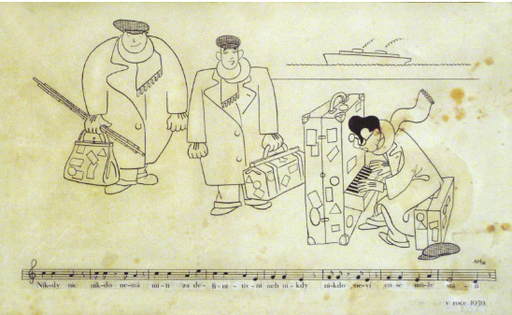
Important avant-garde association of writers, theoreticians, architects, theatre artists and fine artists. It organised different cultural events, mostly in the spirit of left-wing politics.
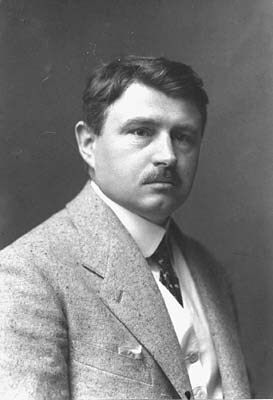
Czech architect of the first half of the 20th century, author of the Great Strahov Stadium, sports venue with the largest area in the world.
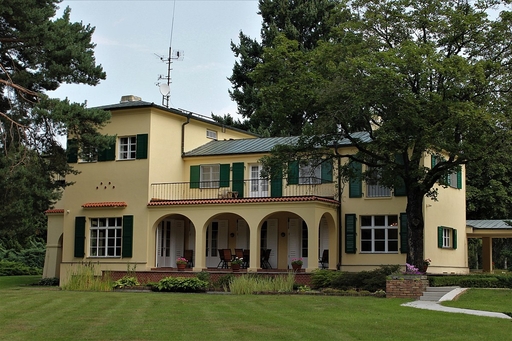
A representative country villa from the 1930s, built in Sezimovo Ústí by Czechoslovak president Edvard Beneš and his wife Hana. The area contains a large garden and a villa with the original interior.
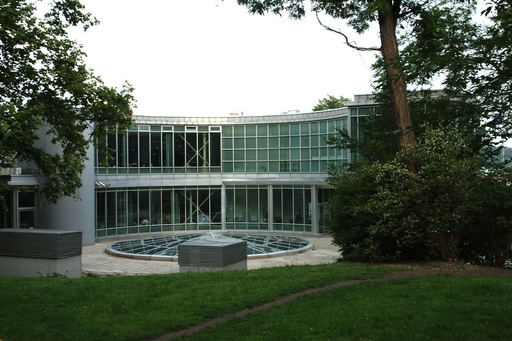
One of the most famous world exhibitions and the first large exhibition organised after the Second World War, which attracted a lot of artists and visitors from all over the world and brought Czechoslovakia great recognition and many awards.
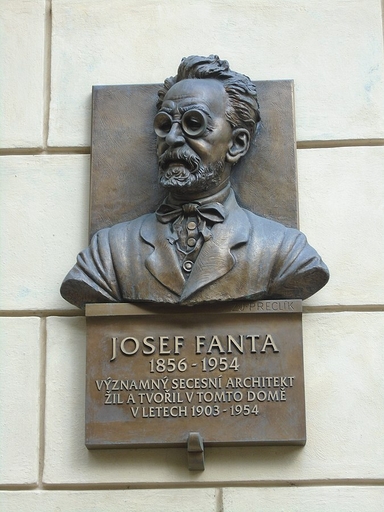
Czech architect, interior designer, teacher and one of the most important representatives of Czech Art Nouveau.
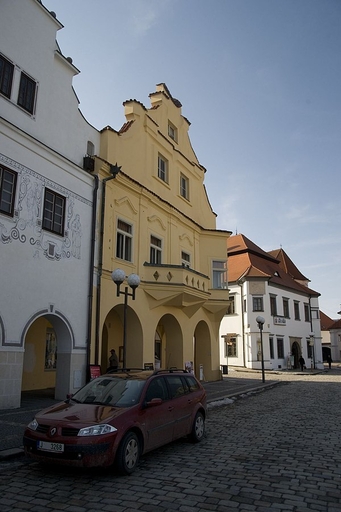
An original house in the centre of Pelhřimov, the result of Pavel Janák’s Cubist reconstruction of the originally Gothic house.
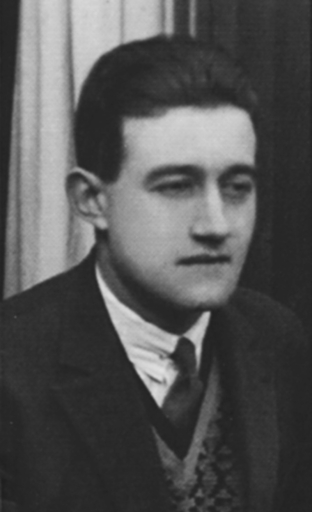
Czech architect, scenographer, painter and essayist, a representative of purist-classicist movement in architecture, who designed the Nymburk crematorium.
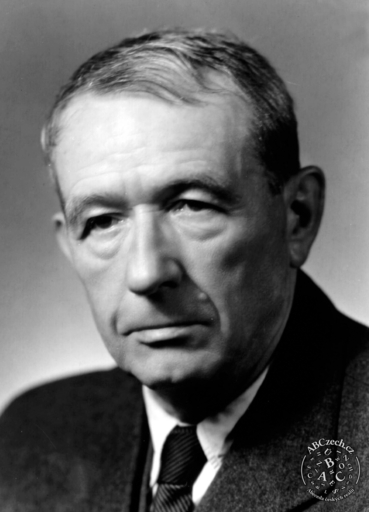
Czech functionalist architect, designer and restorer of monuments, who worked on the restoration of Karolinum and the Bethlehem Chapel.
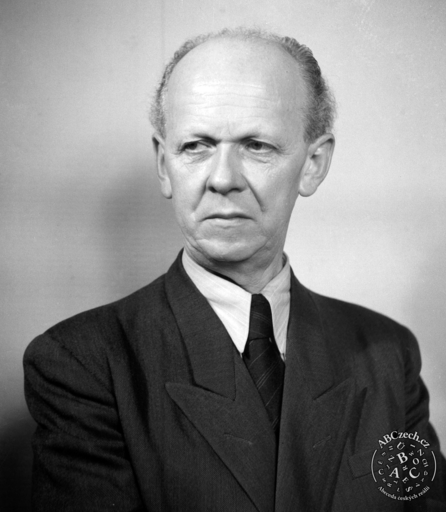
Teacher, architect, city planner who significantly contributed to the current appearance of Brno and became one of the foremost representatives of functionalism.
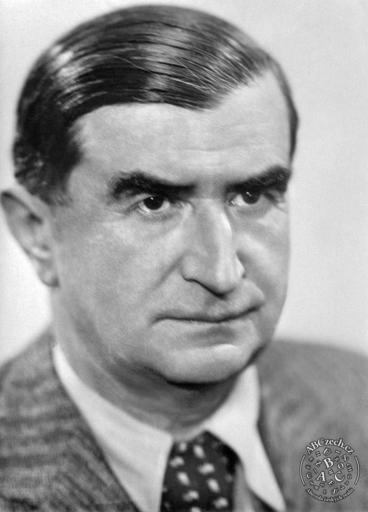
Prominent Czech architect, city planner and designer, a founding figure of Czech modern architecture.
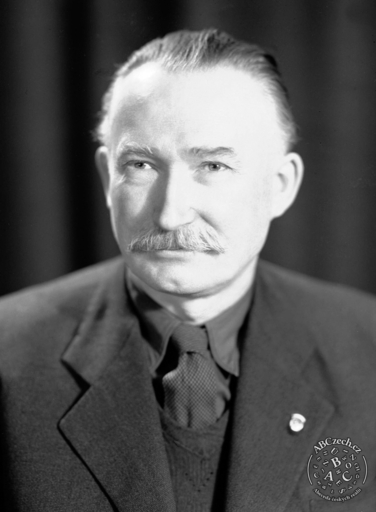
Important 20th century Czech painter and graphic artist, member of Group 42. His work stemmed from Cubism and he managed to surpass Socialist Realism and develop his own unique style based on play with colour configurations and combinations of diverse fine arts techniques.
2016-2020 ABCzech.cz - © Filozofická fakulta Univerzity Karlovy
Content from this website may be used without permission only for personal and non-commercial purposes and with the source cited. Any other use is allowed only with the authors' consent.
This web application Sonic.cgi meets GDPR requirements. Current information can be found here.